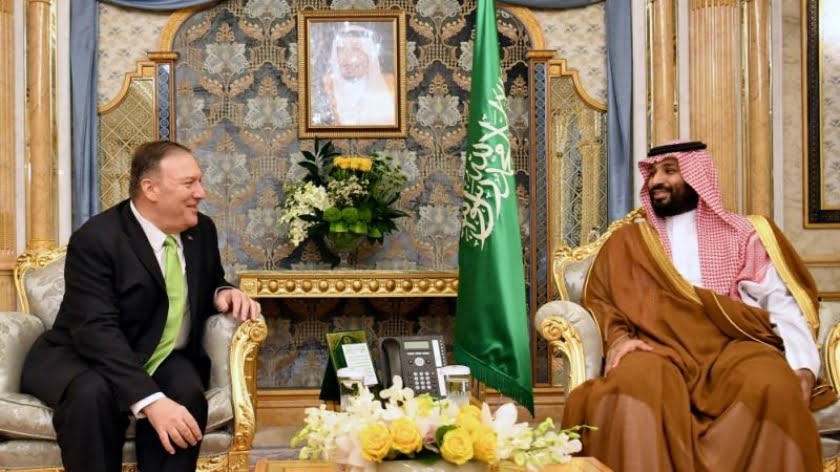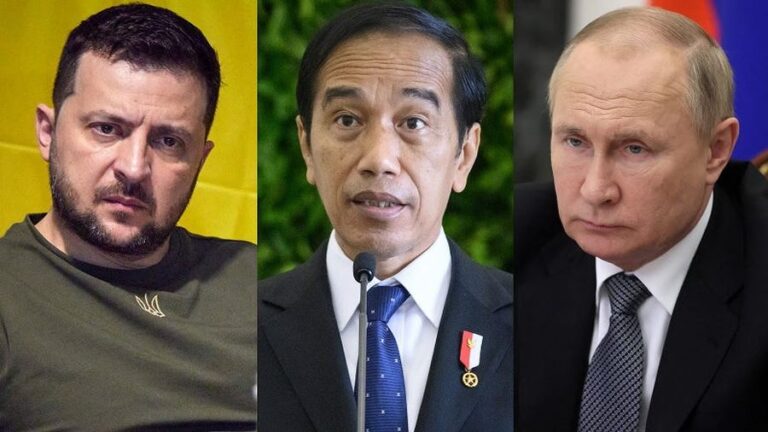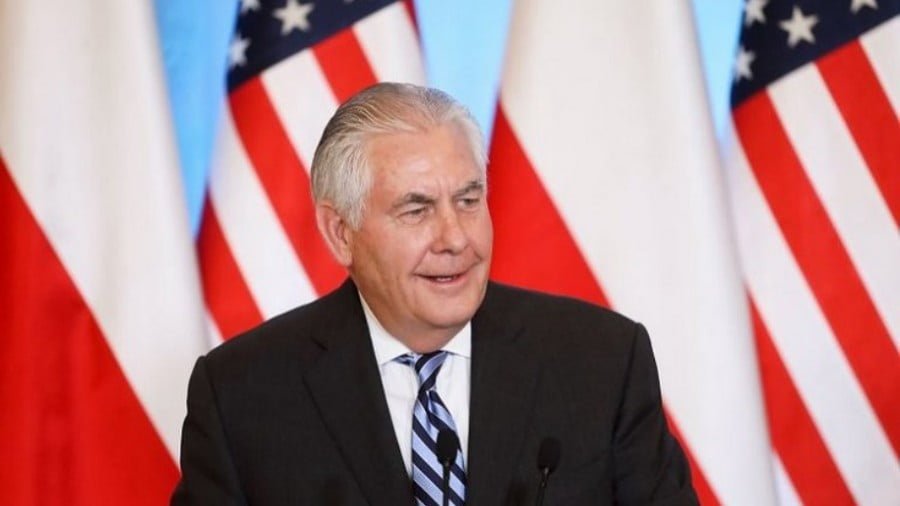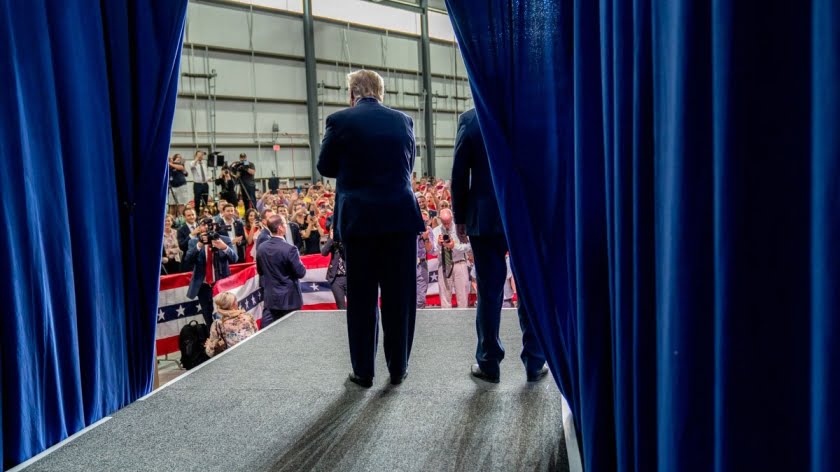The Ansarullah’s Aramco Drone Strike & The Real Act of War
Pompeo’s provocative pronouncement that the Ansarullah’s drone strike on Aramco’s oil facilities was an “act of war” is extremely hypocritical because it ignores the fact that the Saudis were the ones to initiate the international dimension of the War on Yemen as part of the US’ long-running Hybrid War on Iran, and any conventional US and/or Saudi attack against the Islamic Republic in response to its alleged involvement in the attack would amount to an “act of war” against the entire world due to the global economic consequences that such a move would very likely trigger.
***
US Secretary of State Pompeo provocatively described the Ansarullah’s drone strike on Aramco’s oil facilities last weekend as an “act of war“, thus making many observers fear that his country and the Saudis are plotting a reciprocal response against them and their Iranian political supporters that both also blame for complicity in the attack, therefore potentially leading to a larger regional conflict. There are reasons to doubt that such a scenario will actually transpire, but the arguments thereof will be explained after elaborating on the hypocrisy of the “act of war” pronouncement. It was the Saudis, not the Ansarullah, that initiated the international dimension of the War on Yemen out of their serious concern that this rebel group’s rapid successes in the neighboring country would eventually lead to their Iranian rival making military inroads on their doorstep (whether conventional or more likely unconventional) if its political allies captured control of the coast. The Saudis, however, sold their intervention to the public as an attempt to restore Hadi’s internationally recognized government to power following his request for military assistance to this end, which was technically true but didn’t officially touch on the Iranian angle even though the authorities have since emphasized it to the extreme.
Seeing as how no evidence has emerged in the past 4,5 years to corroborate the Saudis’ suspicions about Iran’s future plans to tilt the regional balance of power against it in the event that the Ansarullah were to have taken full control of Yemen, it can be said that their formal intervention was predicated on the concept of “preemptive war” to offset that seemingly impending scenario that they convinced themselves (whether rightly or wrongly) was on the brink of unfolding had they not actively thwarted it. Critics allege that perspective is nothing more than the paranoid delusions of a crumbling Kingdom, but it should be pointed out that Iran has never made a secret of exporting its Islamic Revolution, with its justification for going on the counter-offensive against Iraq in the First Gulf War of the 1980s being a case in point that continues to send chills down the back of its royalist rivals. They, however, weren’t completely innocent in that sense either because they fully supported Iraq’s war of aggression against Iran, as did many other countries in the world at that time including interestingly also the US and USSR. The reason why so many feared the Islamic Revolution is because it presented a credible “third way” for Muslim countries to follow in the Old Cold War and thus upset bipolarity.
To simplify a very complex series of events, the 1979 Islamic Revolution set off a regional — and to an extent, even a global — security dilemma that continues to influence International Relations to this day, most recently when forming the implied basis behind the Saudis’ “preemptive” War on Yemen that eventually led to the Ansarullah asymmetrically responding out of self-defense through their massive drone strike against Aramco’s oil facilities last weekend. Even in the unlikely event that Iran somehow contributed to the attack through logistics, military, or other forms of support like the US and Saudi Arabia allege, that wouldn’t change the fact that it would have been a response to the Hybrid War that those two have been incessantly waging against it since 1979 and which markedly intensified in nearly the past 1,5 years since the imposition of the anti-Iranian sanctions. Even so, many observers fear that the US and Saudi Arabia are prepared to strike (back at?) Iran and ominously climb the conventional escalation ladder to dangerously new heights, but while that certainly can’t be discounted, there are valid reasons for arguing that it probably won’t happen owing to Iran’s control of the asymmetrical escalation one that could impose unacceptable costs to them and the world if that ever occurs.
Irrespective of whether there really was a secret Iranian hand behind the Aramco attack or not, few doubt that the country has the drone and missile capabilities to turn that incident into child’s play and carry out something far more devastating if it were ever attacked. The US’ Patriot missiles failed to intercept the Ansarullah’s ten drones, revealing a glaring regional security shortcoming that therefore means that practically every oil processing facility in the Gulf is vulnerable to this sort of attack unless they’re able to rapidly improve their defensive capabilities, which can’t realistically happen for some time even if they were to purchase Russia’s S-400s and anti-drone equipment to complement or partially replace their inefficient American systems. World-renowned geopolitical analyst Pepe Escobar is correct in predicting that “The real reason there would be no ships traversing the Strait of Hormuz (author’s note: if the US and Saudi Arabia attack Iran) is that there would be no oil in the Gulf left to pump. The oil fields, having been bombed, would be burning”, which would collapse the Gulf economies and also instantly trigger the world’s worst economic crisis in history. With this in mind, a US-Saudi strike on Iran would be an actual “act of war” against both their target itself and the rest of the world.
By Andrew Korybko
Source: One World







